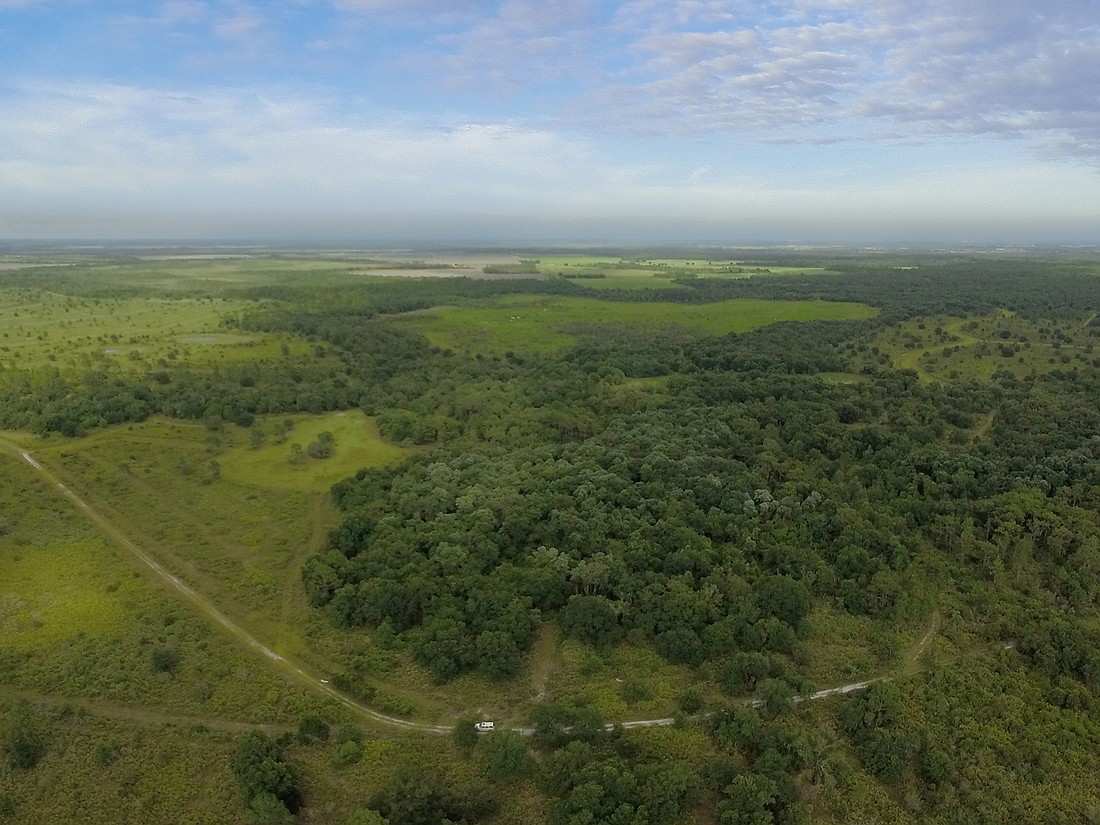- October 22, 2024
-
-
Loading

Loading

Gov. Ron DeSantis signed legislation Monday that will prohibit the sale of agricultural land in Florida to the People’s Republic of China “and other entities and persons that are affiliated with them.”
The legislation was spearheaded by Florida’s Agriculture Commissioner Wilton Simpson, who has warned that bad actors may be looking to buy land in the state for nefarious purposes. SB 264, the Senate bill signed into law, was introduced March 7 by Sen. Jay Collins, R-Tampa, chair of the agriculture committee.
DeSantis, in a statement issued after the signing, says “Florida is taking action to stand against the United States’ greatest geopolitical threat — the Chinese Communist Party.”
Although it may be easy to dismiss the threat given the hyperbolic language being tossed around in press releases aimed at scoring political points, the truth is that there is significant foreign ownership of agricultural land in the U.S.
In 2021, 40.8 million acres of agricultural land nationwide were owned by foreign persons or entities, U.S. Department of Agriculture data shows. That’s 3.1% of all privately held land in the United States.
China, and individuals and entities who reside there, accounts for 383,935 acres, or 0.9%, of that, according to the USDA. Canada and Canadians own 9.7 million acres, or 12.8%, of the total.
In addition to the land bill, DeSantis also signed legislation that bans access to the popular app TikTok and others owned by “other countries of concern” on government servers and devices in the state and that requires public employers “to retain the ability to remotely wipe and uninstall these dangerous applications from government issued devices.”
Blocking the apps, DeSantis says, was done “to stop CCP influence in our education system from grade school to grad school.”